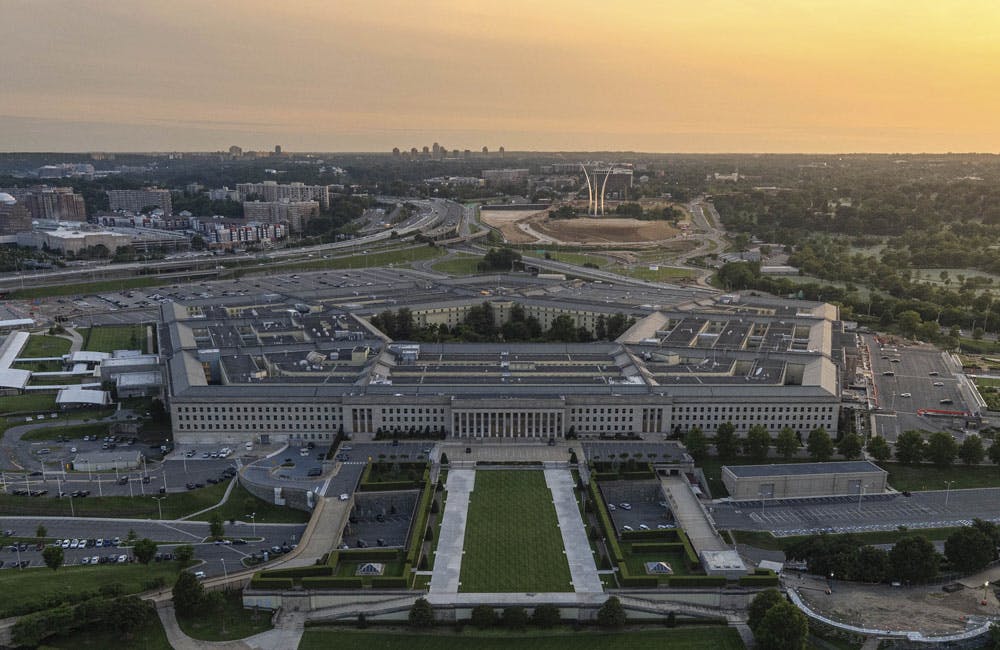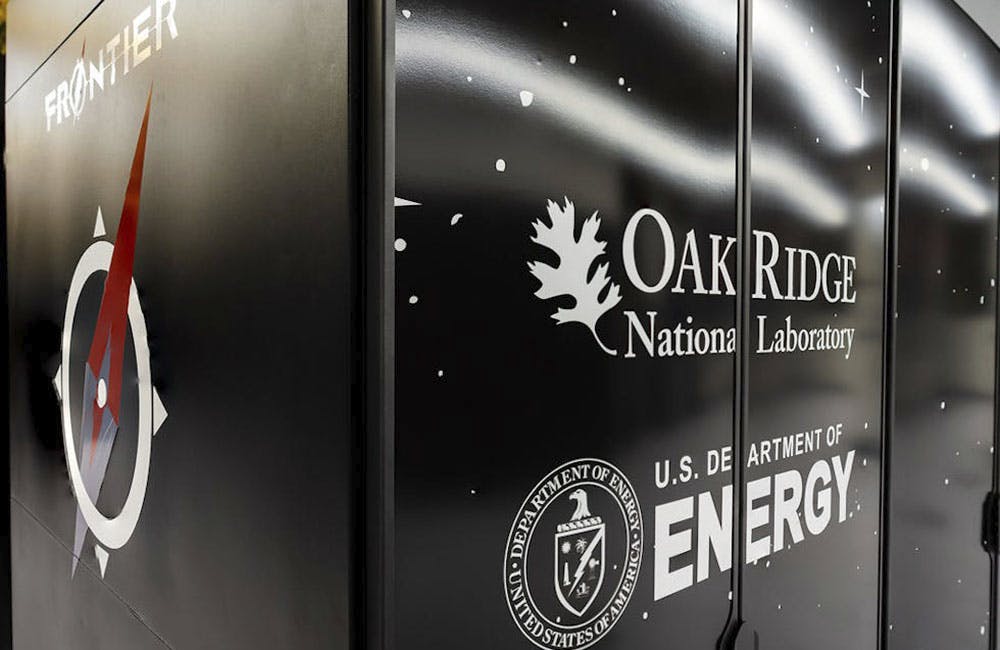Data Sharing Underpins New ARPA-H CIO’s Tech Vision
Nikolaos Ipiotis’ data vision embraces high-risk, high-reward technology development.

The Advanced Research Projects Agency for Health (ARPA-H) is amid its plan to create the next generation of treatments that impact health, and newly appointed CIO Nikolaos Ipiotis sees data as the heart of this mission.
Ipiotis stepped into his role last month after serving as chief data officer at the Department of Health and Human Services for two years. During a recent HealthCast, Ipiotis talked about three elements that make up his data-sharing approach.
“One was to streamline those complicated data agreements that we have that usually take way too long time to be ratified, two was to improve some of the data awareness, and the last one was about improving the data quality,” said Ipiotis.
This vision works in tangent with the agency’s approach to “high-risk, high-reward” technology development that ARPA-H leaders like Deputy Director Susan Monarez have been touting over the past year.
When sharing data, everything comes down to taking a risk, Ipiotis said. When someone requests data, they are the ones associated with the rewards. However, the provider of the data is only associated with the risk.
“We created small success stories of some folks that took those risks — they shared data, and they produced something amazing,” said Ipiotis. “Instead of focusing on the risk part, we’re trying to put some more light on the reward part to make people more attracted to the end result of what we’re trying to achieve.”
As the agency harnesses this approach to data and technology, its efforts will lead to further development in emerging technologies like artificial intelligence, of which Ipiotis sees a big future.
“It will be definitely on the horizon to leverage to the maximum extent ethically within the parameters that we it will keep us safe,” said Ipiotis. “Like any technology, like any big disruptor, it does have its pitfalls, so we’re going to avoid the pitfalls as much as possible. But we definitely will to look to leverage it as much as possible.”
AI had been a focal point at HHS, where Ipiotis’ early 2023 data strategy focused on many emerging technologies then focused on AI down the line, Ipiotis said.
“AI has been changing over many years, but actually became a topic this past year. I think any technology as soon as it hits the consumer market that’s when it sky rockets,” said Ipiotis. “It’s making a big change in the industry. I think this is what made the big difference last year with AI is that it hit the hands of everybody. It’s really a double-edged sword that concerns every market, not just us.”
This is a carousel with manually rotating slides. Use Next and Previous buttons to navigate or jump to a slide with the slide dots
-

The CAIOs Leading Responsible AI Development Across Government
Since the White House's AI executive order, federal agencies are in the process of naming chief artificial intelligence officers.
7m read -

Defense Board to Pitch Solutions for Closing Tech Talent Gaps
Defense Innovation Board members cite need to modernize people management the same way government modernizes technology.
4m read -

Energy Researchers Aim For Holistic Approach to AI Issues
A new center at the Oak Ridge National Laboratory is looking at under-researched areas of AI to better understand how to secure it.
2m read -

5 Predictions for AI in Government Technology
Agencies are setting plans in motion not only to integrate AI into their enterprises, but also ensuring the data that power these systems are fair.
41m watch








